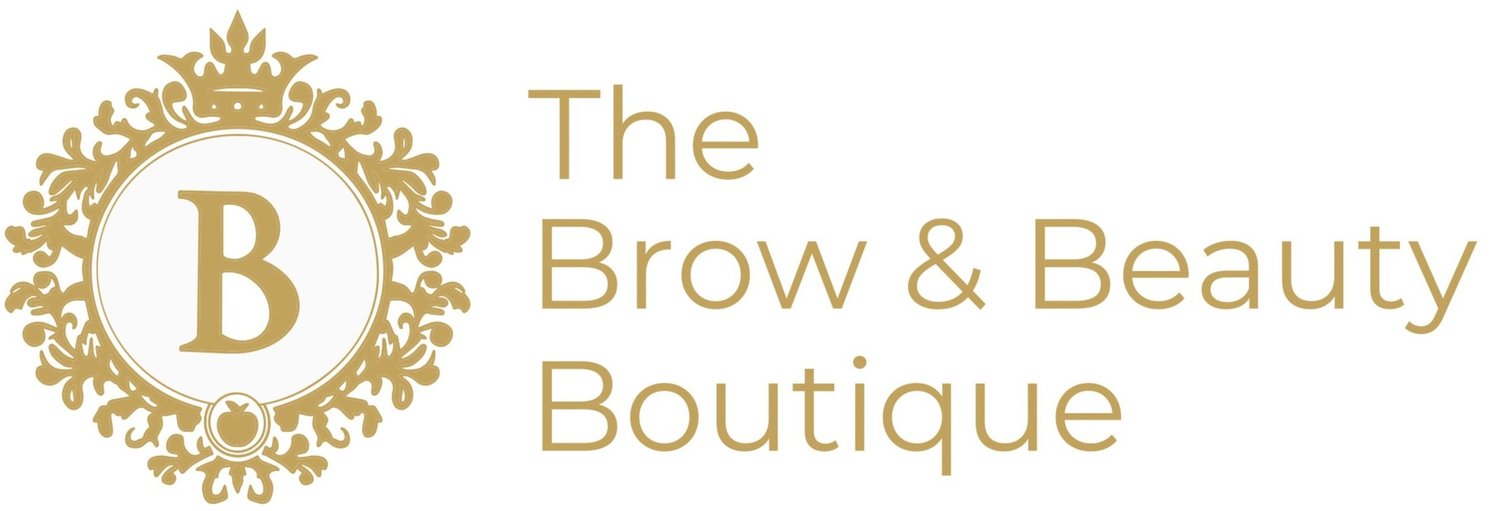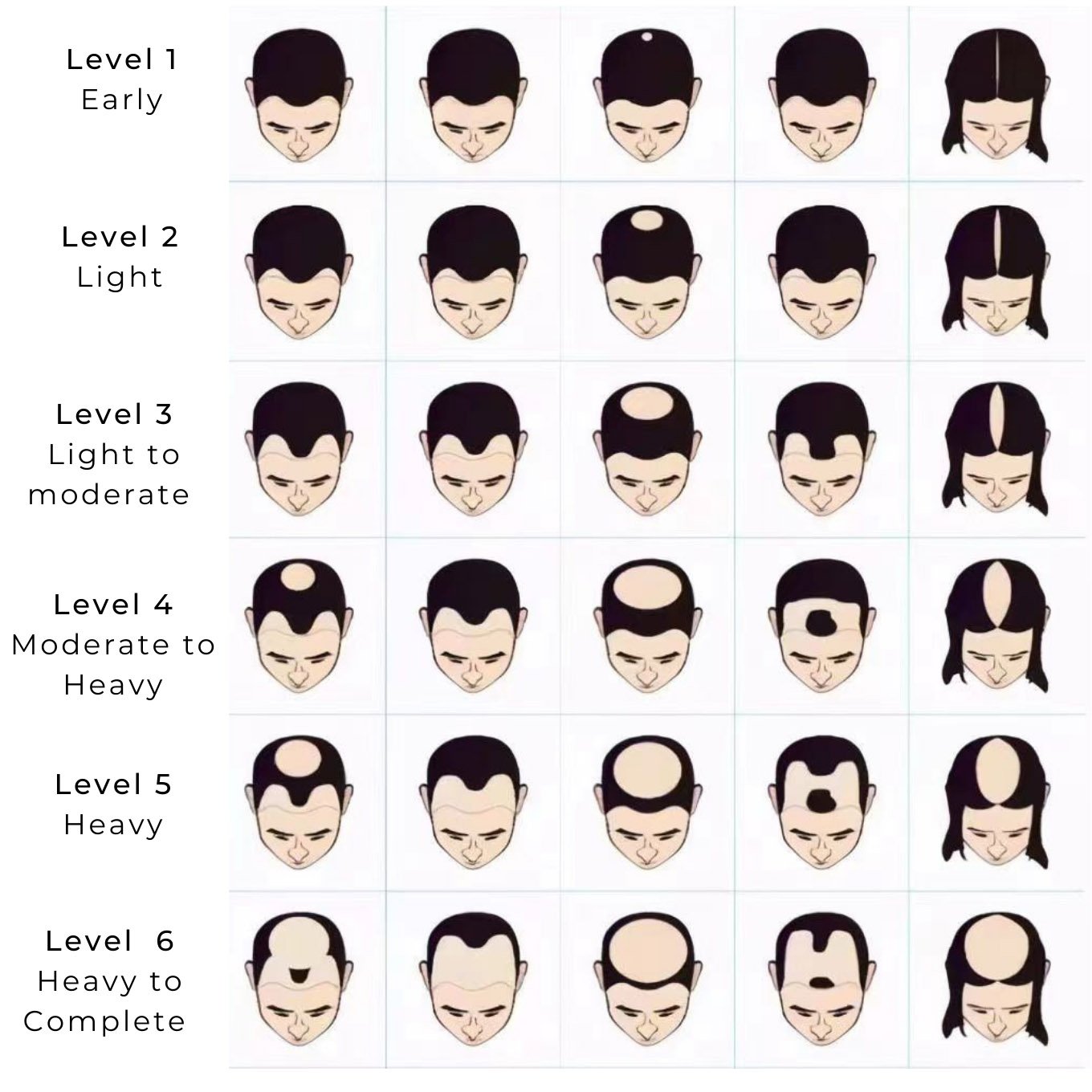The Starter Plan for Understanding Why Your Hair Is Getting Thinner
Part 1: What’s Really Happening—and How to Stop Blaming Yourself
💬 You Didn’t Imagine It—Your Hair Is Changing
It starts small:
A thinner ponytail
A wider part
More strands in the drain
A hairline that looks… unfamiliar
You’re not panicking, but something’s shifted.
And deep down, you know it’s time to understand why.
This guide isn’t here to scare you or sell you a miracle product.
It’s your starter plan—to understand why your hair is getting thinner and what you can begin doing about it, calmly and clearly.
🧬 Why Hair Thinning Happens (And It’s Usually Not Just One Thing)
Hair doesn’t just fall out.
It responds—to stress, hormones, inflammation, sleep, scalp environment, and even tension you might not realize you carry.
Let’s go through the five most common causes of thinning, gently.
✳️ 1. Stress Shifts Your Hair Into a Shedding Cycle
Your hair grows in phases:
Anagen (growth)
Catagen (rest)
Telogen (shedding)
When stress hits—whether emotional, physical, or metabolic—more hairs enter telogen effluvium, meaning they pause growth and shed early.
This can happen:
After a major life event
Post-illness
After crash dieting
Or when stress simply simmers for too long
It’s not your fault.
It’s your body redirecting resources.
📍Consider the Signature Skin Treatment, which improves facial circulation and resets the nervous system—helping re-balance your skin and scalp from the inside out.
✳️ 2. Your Hormones May Be Creating a Slow Shift in Growth
Thinning around the crown, temples, or top of the head is often linked to:
Menopause or perimenopause
Postpartum changes
Birth control or IUD transitions
Thyroid or androgen imbalance
PCOS (with or without diagnosis)
These hormonal shifts affect follicle activity, resulting in finer, slower, weaker regrowth.
📍A good complement is Lymphatic Bojin Tisheng, which improves fluid circulation and facial-skin elasticity—restoring bounce and helping break facial and scalp stagnation.
✳️ 3. You Might Still Be Growing Hair—But It’s Getting Thinner
Miniaturization means your hair is technically growing—but the strands are:
Finer
Softer
Shorter
Less pigmented
It’s harder to notice unless you’re really looking.
You might still have growth, but it lacks strength, bounce, and visibility.
📍Marine Spicules Skin Renewal supports gentle exfoliation and skin turnover, encouraging scalp clarity and making way for stronger strands.
✳️ 4. Touch, Style & Tension Habits Can Lead to “Invisible” Damage
Even if your routine seems gentle, long-term habits can add up:
Tight hairstyles and ponytails
Sleeping with hair tied up
Brushing while wet
Heat tools used on low-density areas
Headbands or hats that rub the hairline
The result? Thinning along tension points, and gradual follicle fatigue.
📍Explore Hairline Embroidery for a non-invasive way to visually strengthen hairline appearance while regrowth continues.
✳️ 5. Your Scalp Might Be Holding on to More Than Just Product
The scalp is skin. When ignored, it can develop:
Clogged pores
Oil buildup
Inflammation
Poor circulation
Silent tightness
Even if it looks clean, it may feel:
“Still” or heavy
Itchy or flaky
Shiny or dry in patches
📍Our Contact page is always open if you’d like to speak with a specialist about scalp-safe add-ons to your routine.
💬 What You Don’t Need Right Now
You don’t need:
✖️ To panic
✖️ To spend hundreds on products
✖️ To change your identity
✖️ To “push through it” alone
What you do need is clarity.
And rhythm.
And kindness toward a body that’s trying—so hard—to keep up with everything else in your life.
💬 You Don’t Need to Overhaul Your Life—You Just Need a Reset
The temptation right now might be to fix it fast.
To panic-order products. To schedule aggressive treatments.
But thinning hair rarely responds to urgency.
What it does respond to?
Structure. Stillness. Support.
This second half of your starter plan gives you an approachable rhythm—built around protection, restoration, and gentle reactivation of growth.
🌿 The Calm-First Hair Recovery Plan
This isn’t a “treatment.” It’s a home rhythm.
One that tells your scalp, follicles, and nervous system:
You’re safe now. Let’s grow again—together.
Let’s build it.
✳️ 1. Switch From “Treatment Mode” to “Protection Mode” for 2 Weeks
Instead of using:
Strong actives
Frequent scrubs
Growth stimulants
Use:
A creamy, low-foaming shampoo
A leave-in conditioner focused on hydration
A soft brush (not hard bristles or fine-tooth combs)
A weekly scalp oil massage (light touch only)
📍Start with our Eyebrow Regrowth Booster—a follicle-supportive service that reflects our hair recovery philosophy: soft stimulation, not force.
✳️ 2. Create a Weekly “Scalp Reset” Ritual
Choose one night per week for scalp care.
Light a candle. Make it meaningful. It only takes 15–20 minutes.
Your ritual:
Gently brush your scalp in all directions
Mist or apply warm water
Massage gently with fingertips for 3–5 minutes
Press a cool towel to the forehead or temples
Let the tension go
📍Skin Management for Anti-Aging is a great monthly reset option that includes lymphatic flow and hydration layering—perfect for clients starting fresh with their hair and skin.
✳️ 3. Add One Professional Touch—Only When You’re Ready
You don’t need a dozen services.
You need one grounding experience that supports recovery without pressure.
📍Hairline Regrowth Microneedling offers a non-invasive way to encourage growth in tired areas.
It’s gentle, precise, and works best when paired with healthy home habits.
✨ La Dermalogique Support Options (Optional but Powerful)
When hair is thinning, it’s often not just about hair—it’s about flow, fatigue, and recovery.
Here are two supporting services from La Dermalogique that work beautifully alongside your reset:
1. Lymphatic Bojin Tisheng
Best for:
Clients with jaw tension, scalp heaviness, or facial puffiness
Those who feel “blocked,” “foggy,” or inflamed around the temples or forehead
What it does:
Releases tension that restricts follicle function
Gently boosts circulation from the chest upward
Restores calm without sedation
2. Hairline Regrowth Microneedling (Scalp)
Best for:
Visible thinning at the hairline or temples
Early-stage regrowth seekers
Scalp with no wounds, flares, or chronic irritation
What it does:
Stimulates fine hairs to thicken and strengthen
Boosts long-term follicle activity
Pairs well with monthly lymphatic care
📋 What to Expect Over the First Month
If you follow this rhythm:
Week 1: Shedding may still happen—but your hair will start to feel less reactive
Week 2: Your scalp will feel calmer, softer, less “tight”
Week 3: You’ll notice baby hairs or soft flyaways you didn’t see before
Week 4: Your emotional relationship with your hair shifts—you stop scanning for signs of failure
This is what gentle progress looks like.
And that’s the only kind worth building.
❓ FAQ
“Do I have to change everything at once?”
No. Start with what you touch the most: your brush, your shampoo, your hands.
“What if I don’t see results after one month?”
You may not—and that’s okay. What matters is that you’re protecting the follicles that can regrow, while reducing the trauma for those that need rest.
“Can I still color or style my hair?”
Yes—but loosen your grip. Use less heat. Let your scalp breathe more often. Consider breaks between treatments.
📍Need someone to talk to? Reach out to us or view our FAQ to see how others began their recovery story.
💗 You’re Not Behind. You’re at the Beginning.
Your hair isn’t giving up—it’s giving you a signal.
Now that you understand it, and know what to do next, you’ve already made more progress than you think.
📌 Book your first scalp support session or just take the next gentle step. Either way, you’re on your way.







